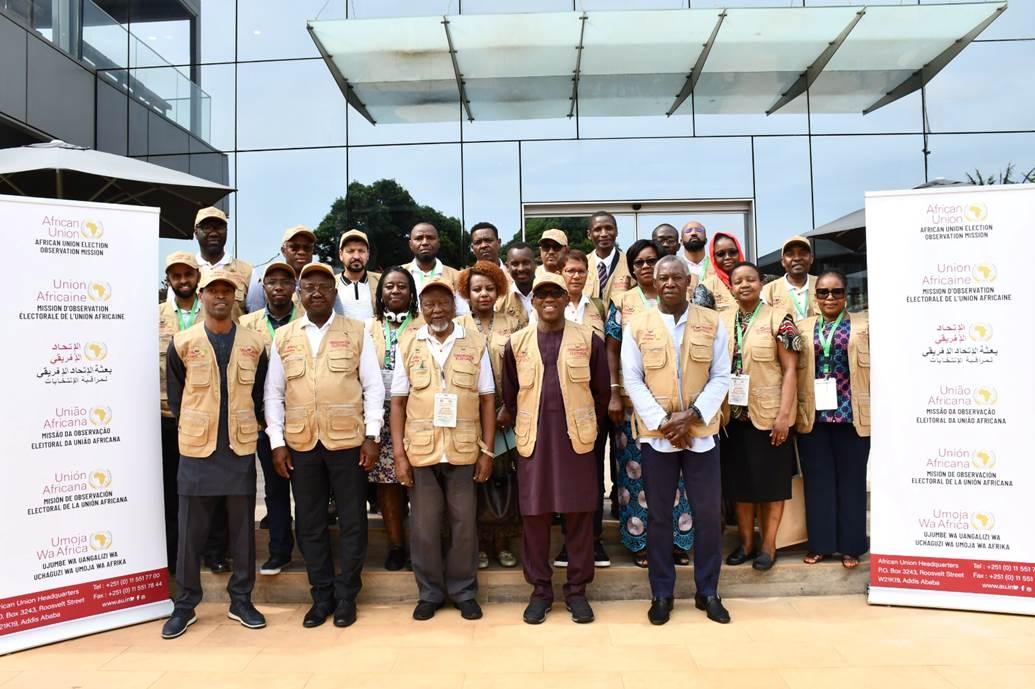
president of Benin’s Steering Committee for the Audit of the Electoral Register (Copil), has shed light on the rigorous process used to select international experts for the upcoming electoral audit, ahead of the 2026 general elections.
Speaking during an interview on Cartes sur table, a socio-political program aired Sunday, July 6, on Océan FM, Elias detailed how the final four experts were chosen from a pool of 32 candidates.
“As of June 13, 2025, we had received applications from various countries, including six Beninese, five French, four Nigerians, three Ivorians, two Togolese, two Malians, two Senegalese, two Congolese (DRC), and one each from Italy, Madagascar, Mauritania, Burkina Faso, Guinea Conakry, and Canada,” he said.
The applications were reviewed by a technical committee between June 16 and 25. Following this review, a comprehensive selection report was published in the national daily La Nation and widely shared on social media platforms.
Elias emphasized that the chosen experts were selected based on stringent professional criteria.
“This is a scientific task that demands a high level of technical expertise,” he explained. “An electoral audit is not something just anyone can carry out.
It requires solid academic training, proven skills, and substantial experience.”
The four international experts are scheduled to arrive in Cotonou on the same day of the announcement, July 6, to begin preparations for the audit.
To ensure transparency and foster political cooperation, Elias confirmed that letters had been sent to all political parties—both from the government and the opposition—inviting them to participate in a joint meeting with the auditors.
The audit of the electoral register is a crucial step in reinforcing trust in the electoral process ahead of the 2026 vote, in a political climate where credibility and inclusivity are paramount.



